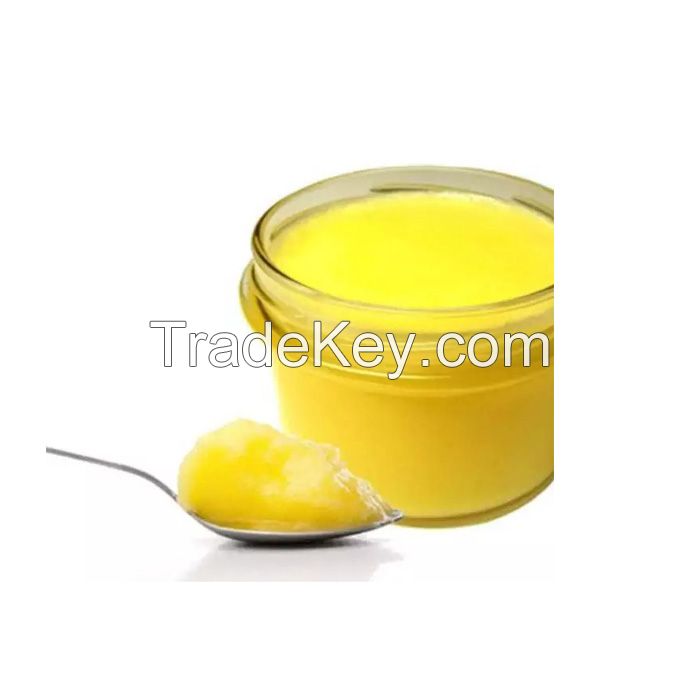
FOB Price
Obtenir le dernier prix250 ~ 400 / Ton
|Minimum Order
Localit�:
-
Prix de commande minimale:
Commande minimale:
2 Ton
Packaging Detail:
As a Customers' Requirement
Delivery Time:
10 to 20 days
Supplying Ability:
10000 Ton per Month
Payment Type:
T/T, Western Union, Money Gram, PayPal
Canada
Butter is a dairy product made from the fat and protein components of milk or cream. Here are some key points about butter:
Production: Butter is typically made by churning cream or milk until it separates into butterfat (the solid component) and buttermilk (the liquid component). The butterfat is then washed and kneaded to remove excess liquid and any remaining buttermilk. The resulting product is butter.
Composition: Butter is primarily composed of butterfat, which typically makes up about *0% to *2% of its total weight. The remaining components include water (about *5% to *7%), milk solids (about 1% to 2%), and trace amounts of salt (in salted butter varieties). The quality and flavor of butter can vary depending on factors such as the breed of the cow, the diet of the cow, and the production methods used.
Types: Butter is available in several forms, including salted butter and unsalted butter. Salted butter contains added salt, which acts as a preservative and enhances the flavor of the butter. Unsalted butter, also known as sweet butter, contains no added salt and has a milder flavor, making it suitable for both sweet and savory dishes.
Culinary Uses: Butter is a versatile ingredient that is used in cooking, baking, and as a spread. It adds richness, flavor, and moisture to a wide variety of dishes, including baked goods, sauces, soups, vegetables, meats, and seafood. Butter is also commonly used as a topping for bread, toast, pancakes, and other breakfast foods.
Nutritional Value: Butter is calorie-dense and high in fat, particularly saturated fat. It also contains small amounts of vitamins, including vitamin A, vitamin D, vitamin E, and vitamin K, as well as trace minerals such as calcium and phosphorus. While butter is often criticized for its high saturated fat content, some studies suggest that moderate consumption of butter may not be associated with increased risk of heart disease or other health issues when consumed as part of a balanced diet.
Storage: Butter should be stored in the refrigerator to prevent spoilage and maintain its freshness. Salted butter can typically be stored for several weeks to a few months, while unsalted butter may have a shorter shelf life. Butter can also be frozen for longer-term storage, but it should be wrapped tightly to prevent freezer burn and absorb unwanted odors.
